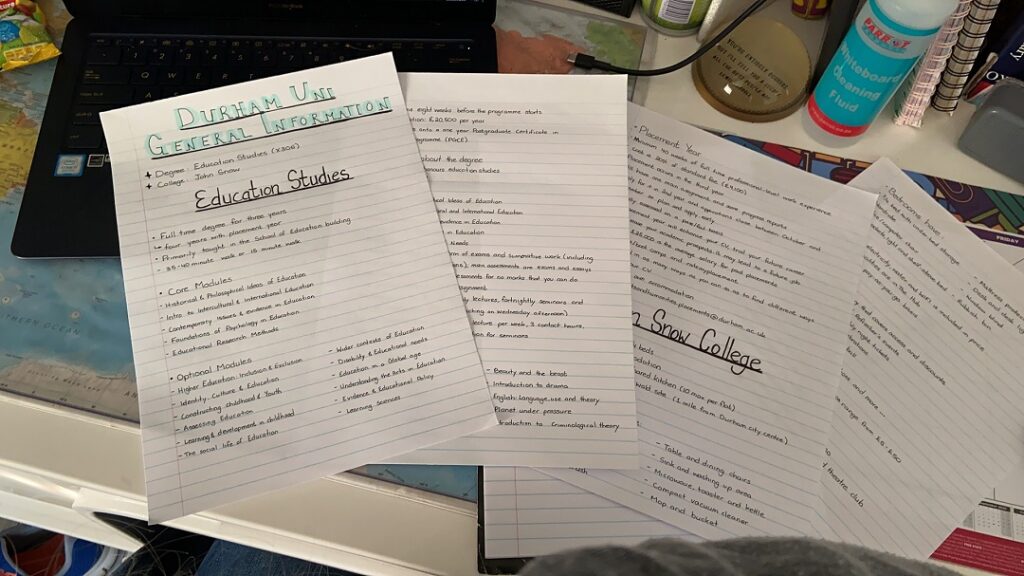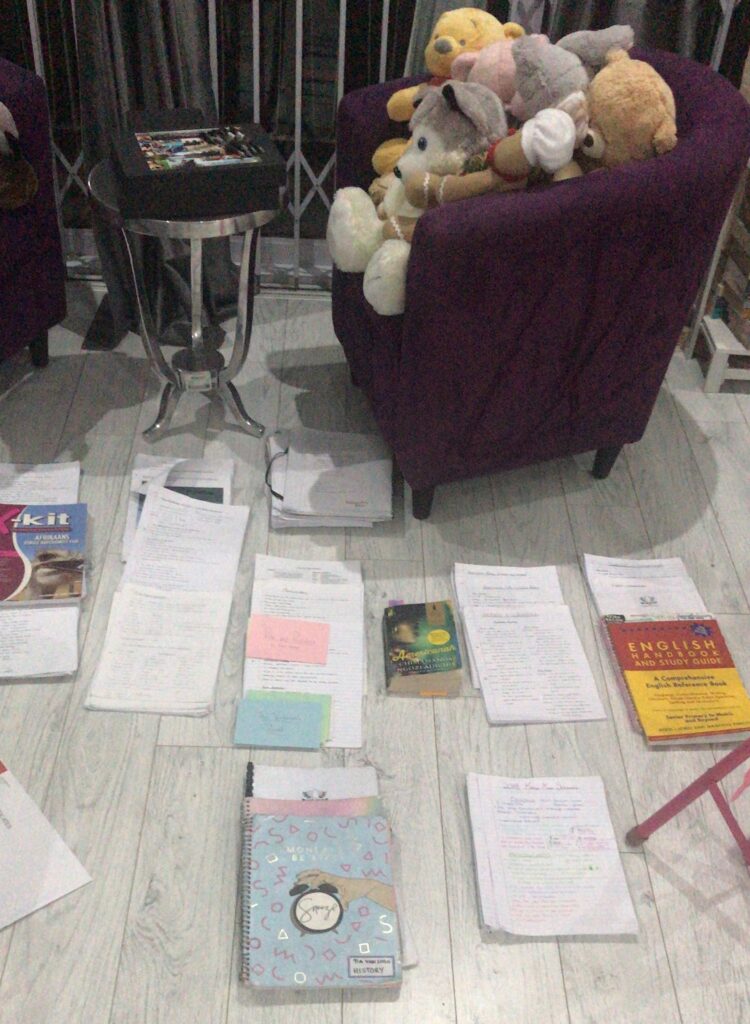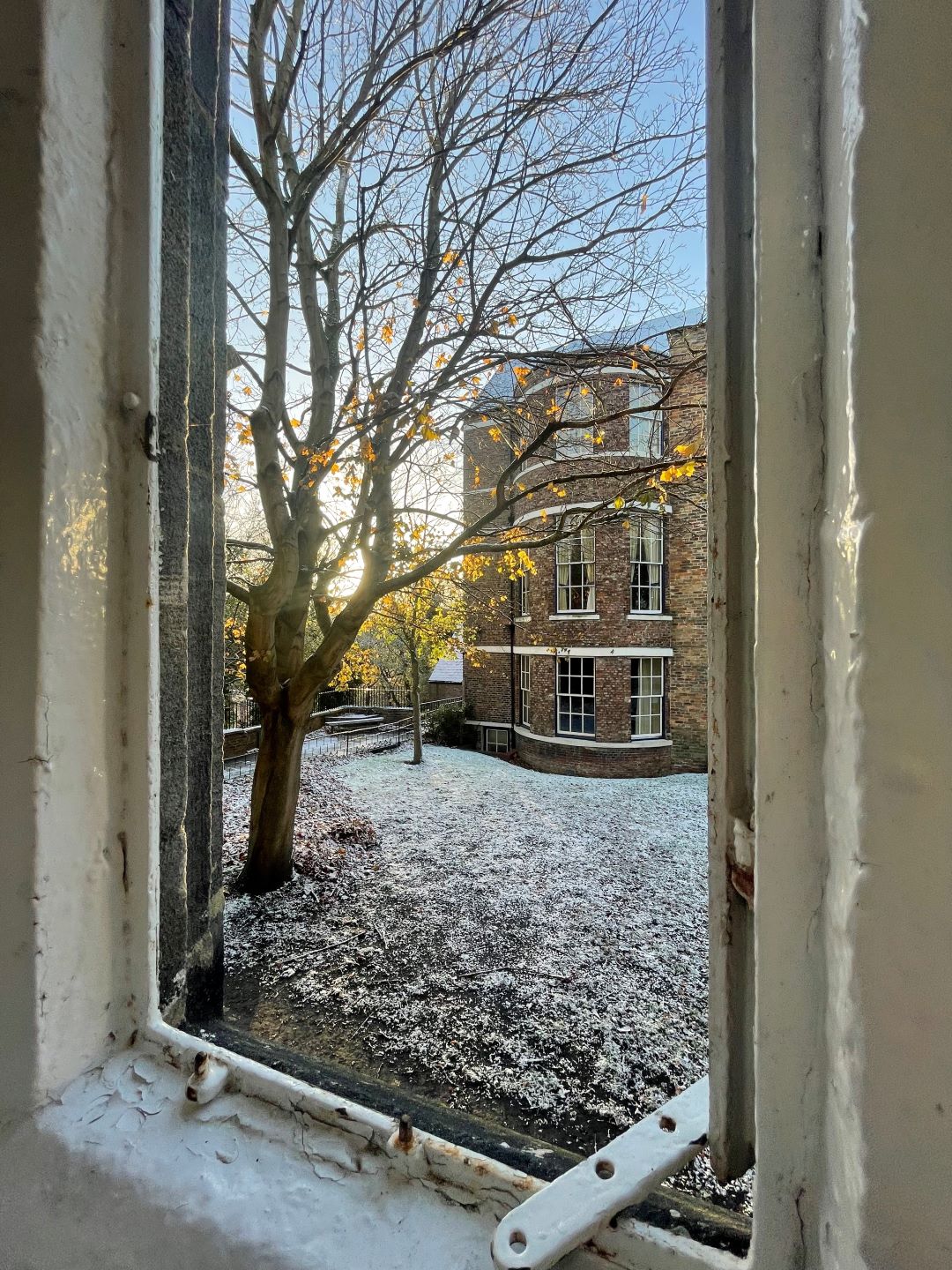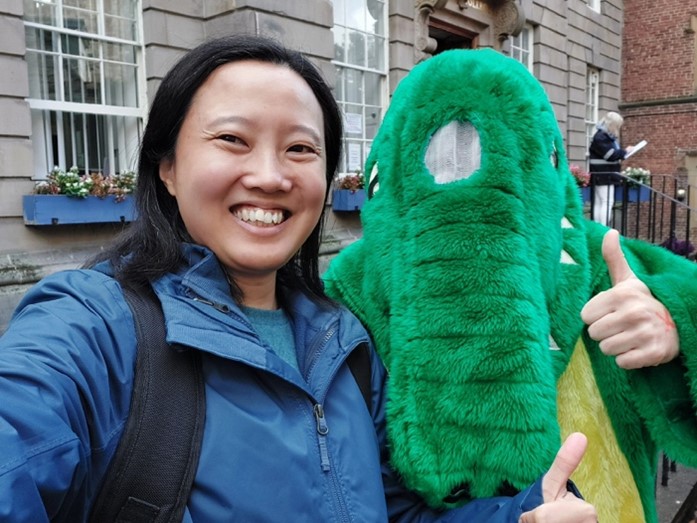Referencing, as you might have guessed, is a crucial part of academic writing. If you don’t reference correctly, it can bring down your grade by quite a bit or bring in scary issues such as plagiarism. No one wants that, so today, I’m going to share a few tips on referencing your work – just so when you’re working on your next assignment or about to hit submit, you aren’t worried about things like plagiarism accusations or if you’re formatting is correct.
Getting references together
Step one in academic writing is usually getting all your sources together. As you’re reading various articles to find evidence to support your argument, my best tip is to keep track of exactly where you’re getting your information from.
For each article, write a short summary, so you know what they were about, and if you make points about key ideas or quotes, jot down the page number, so you don’t have to go hunting for it later! If you keep a document like this with author’s names, year published and relevant page numbers, it will save you so much hassle later on.

Reference as you write
I learnt this lesson the hard way. I was writing an essay and decided to fill in all of my in-text citations at the end. Let me tell you, the pain of doing that was enough to almost make me start the essay all over again. So, learn from MY mistakes, do your in-text citations as you go!
You don’t have to have your complete reference list done when you’re writing out your drafts, but if you’ve kept track of your references like how I suggested, you can do your in-text citations as you write because all you need is the authors’ surnames, the year the source was published and the page number if you’re quoting. Then you don’t have to stress about coming back to fill them in later.
In-text citation tips
There are two critical things to remember about in-text citations – always include a page number if you’re using a direct quote. If you’re paraphrasing an idea, then you don’t have to include page numbers.
Also, remember to check what style of referencing you need to use. For instance, APA and Harvard referencing have different rules for in-text citations. Those sorts of technicalities just aren’t worth losing marks over, so double-check that you’re matching your citations to the reference style you should be following.

Sorting out your reference list
This is different for everyone, but I like to sort my reference list out once I’ve written my assignment. Referencing can be a very tiring (and painful) process because it’s pretty finicky, so I find it much easier to do it at the end, all in one go.
Now I know that you can just copy the citation in the relevant style from google scholar, and I get it; that is amazing because hey, it’s easy, right? The problem with those though, is sometimes they might not include all the details or may not put in the commas or full stops correctly (and believe me having those things correct is crucial). So, you can use those as a baseline, but always double-check your references against something like citethemright.com and check the details yourself to make sure they are correct.
I know referencing can definitely feel like a pain, especially with all the small details and rules you need to pay attention to, but once you get the hang of it, it’s not so bad. Plus, if you don’t leave it to the last minute and keep track of things as you go, it won’t be something that you need to worry about.
I really hope this post was helpful for you – I know that the intensity placed on referencing at university can definitely be quite intense, so I hope this eases your mind a little. The best advice I can give about referencing is to always make sure you’re following the style correctly, and be like Nike and Just Do It! If you keep that in mind, I guarantee referencing won’t be too stressful.
For my tips on writing an essay see my other blog

Tia van Loggerenberg
Hey everyone! I’m Tia van Loggerenberg. I’m a second-year international student doing Education Studies single honours in John Snow College. I’m the founder and president of the Disney Society, secretary for the creative writing society and chocolate enthusiast. I also run a lifestyle blog called Tall Blonde Tales, where I include stories and advice about university, so if you’re interested, you can check that out too! Today, I’m sharing some of my favourite places to eat in Durham - I hope you enjoy it!







